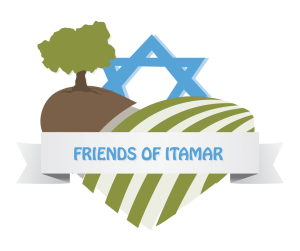Parashat Vayeshev 5769
Vayeshev December 18, 2008 What can we say about Yosef other than his being simply “successful” in all realms. He is talented, beautiful, and distinguished looking. He
Parashat Vayishlach 5769
Vayishlach December 12, 2008 Our forefathers didn’t have it easy, to say the least. Ya’akov Avinu never experienced leisure or rest. He was born into hard times, and ev
Parashat Vayetzeh 5769
Vayetzeh December 5, 2008 How the house of Israel originated, sprouted forth and gave form to the kingdom of the Jewish people, was a process of refinement. As each Tzaddik was ext
Vayera 5769
Vayera- Chayei Sarah November 11, 2008–11–16 “The nerve of her!.” when someone says that about you it usually is not a compliment. In fact being nervy and chutzpahd
Lech Lecha 5769
Lech Lecha November 6, 2008 People like to be in control of their lives. They have their date books all planned out, their weeks scheduled and like to know what will be… But ther
Bereishet 5769
Bereishet- Noach 2008–10–31 Hashem looked into the Torah and created the world. From this concept we understand that the Torah comes before everything in all circumstances. The
Parashat Vayigash
Parashat Vayigash December 14, 2007 Determining leadership for the Jewish people has never been an easy thing for any age in our long history. But when a leader’s time comes
Parashat Vayeshev
Parashat Vayeshev November 29, 2007 In these last parshiyot, through the examples of Dina and Yoseph, the substance of Shechem is revealed into 2 separate streams of consciousness.
Parashat Chayeh Sarah
Parashat Chayeh Sarah November 1, 2007 Abraham and Sarah, the founding “parents” of the Jewish people are the first in the world to sanctify G-d’s name. Living a
Parashat Vayerah
Parashat Vayerah Thursday, October 26, 2007 This week’s parasha begins with the verse: “Now G-d appeared to him by the oaks of Mamre, while he was

